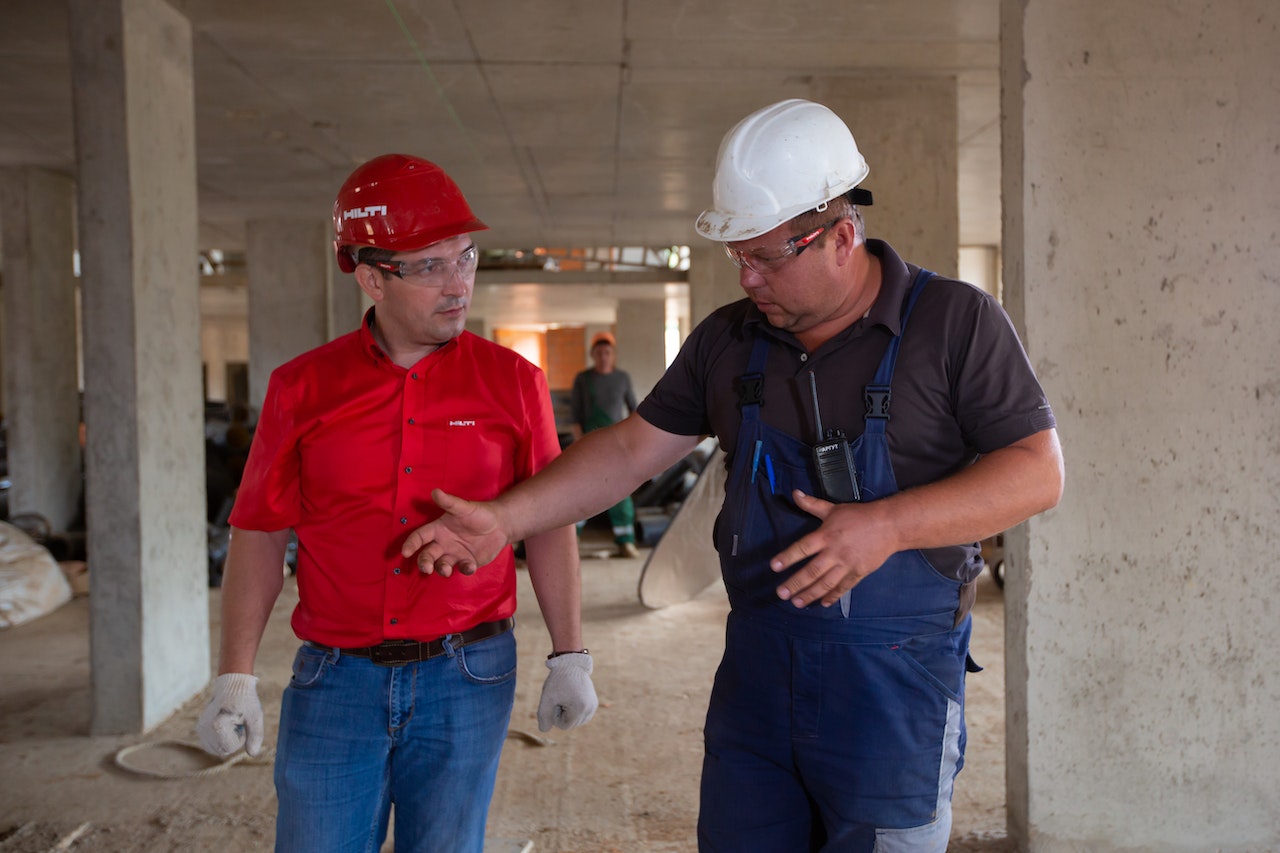Surety Bond Professionals is a family owned and operated bonding agency with over 30 years of experience. With access to a broad range of surety markets, our expert agents are ready to assist with all of your construction bonding needs.
What Is Data Democratized?
Data democratized is data that can be accessed by everyone who needs it. Democratization is important in any business that involves data used by multiple people or multiple teams within an organization. But it is particularly important in the construction industry, where one wrong number, one inaccurate measurement, or one incorrect tolerance can cause delays, rework, and cost overruns.
When everyone has direct access to the same data, from the same source, they are all on the same page, so to speak. When there are updates to project data, democratization ensures that nobody is acting based on obsolete information.
How is Construction Data Democratized?
Construction companies are successfully democratizing data by integrating data from multiple systems in a cloud-based BIM collaboration platform. It’s estimated that as much as 95% of data generated or collected in the course of a construction project isn’t being used, largely because it is trapped in data silos. Many organizations, not only those in the construction industry, are siloed, meaning that different functional areas maintain their own data and other resources, and don’t typically share them with other functions except by request.
The only way to democratize data is to knock down those silos, which requires cultural changes as well as technological integration. Construction projects are data driven, and these days that data is captured, saved, accessed, and manipulated in digital form. To use it to drive decision-making on even modest construction projects requires both a technology infrastructure and a social, cultural one. The cultural transformation to support data democratization often is more difficult than the technological transformation.
The Digital Transformation
The technology for ensuring unrestricted data sharing across projects and teams exists, and many construction companies already have implemented at least pieces of the necessary digital infrastructure. To support data democratization, the emphasis moving forward needs to be on making the technical connections necessary for:
- Sharing data with whoever needs it
- Automating sheet sharing so that anyone accessing architectural, construction, or product data sheets always receives the most recently updated versions
- Importing data sheets from other projects at the Administrator level
- Direct project linking to maximize the sharing of workflows
- Centralizing an inventory of all incoming and outgoing data
Building custom data dashboards is a great way to improve data visibility and accessibility by all project stakeholders and participants.
The Cultural Transformation
Successful democratization of data depends largely on creating a strong culture of data. Data-driven decision-making should be the rule, not the exception, and not only on the job site. Making decisions at all levels on the basis of accurate, current data speeds up the decision-making process and prevents delays caused by ill-advised decisions, which helps ensure timely project completion without cost overruns.
It takes training, strong leadership, and large-scale buy-in to make data-driven decision-making the norm. Understanding that poor decisions often are the result of bad data incentivizes people to become diligent about making data as accessible and transparent as possible.
The cultural transformation to support data democratization becomes easier when everyone understands the relationship between data and the business and sees data as an integral part of everyday business operations and processes. It’s not uncommon for larger companies to employ a Chief Data Officer (CDO) who can help clarify that relationship and ensure that business decisions are made on the basis of insight obtained from data.
Democratized Data Supports Success
Given the bonding requirements in the construction industry, construction companies increasingly are tuning to data democratization as a way to help ensure successful project completion. Defaulting on a project or doing work later found to be defective can cost a contractor a great deal of money if the project owner files a claim against the contractor’s performance bond or maintenance bond. Poor decision-making based on inaccurate or obsolete data is a common cause of such claims.
Project owners are protected against the financial impact of contractor mistakes, but the bonded individual (the construction firm’s owner(s) are legally obligated to pay all claims found to be valid. Even though the surety company may pay a claim initially, that’s only a temporary extension of credit to the contractor, and it must be repaid.
In the construction industry (and most others, to be frank), a preventive approach is always best. And you couldn’t ask for a better strategy for preventing bad decision-making than democratized data.
Get A Quote
Our surety bond professionals will get you the construction bonds you need at a competitive rate.





